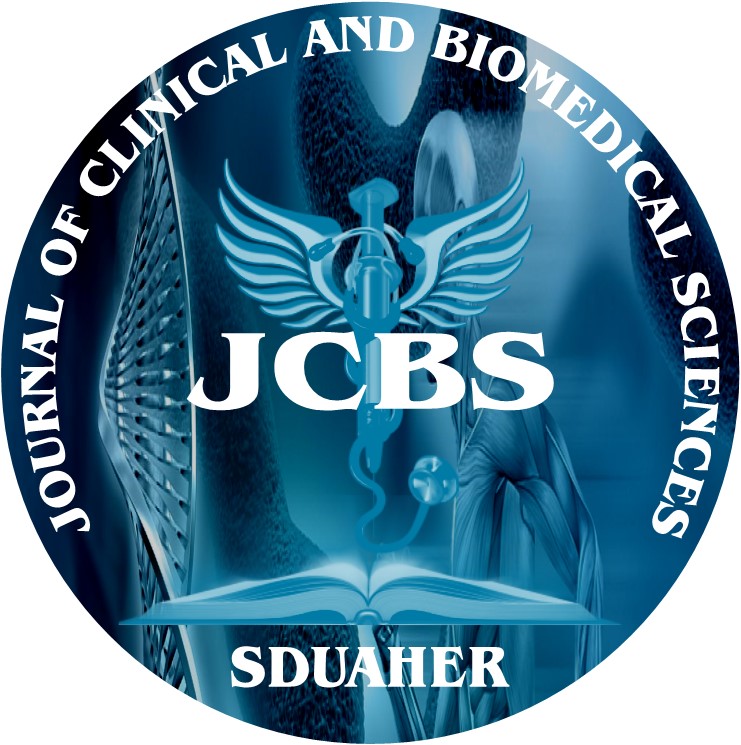


Journal of Clinical and Biomedical Sciences
Year: 2021, Volume: 11, Issue: 1, Pages: 15-20
Original Article
Raavi Abhinandana1, Sarulatha Haridass2*, Ramesh Kumar Jeyeraman3
1. EX. Senior Physiotherapist, Medicover hospitals, Hyderabad.
2. Professor, Department of Physiotherapy, Sri Devaraj Urs Academy of Higher Education & Research, Kolar.
3. Professor & HOD, Department of Physiotherapy, Sri Devaraj Urs Academy of Higher Education & Research, Kolar
*Corresponding Author
E-mail: [email protected]
Mobile No: 9686235790
Background: Stroke results in problems with attention, memory, language, balance disability, motor ability and functional independence. Apart from decline in physical functions, the cognitive impairments cause serious functional consequences. Intact Cognitive functions are considered as distinct factors to identify the performance outcome of activities of daily living. Cognitive impairment can result in significant disability in all aspects of patient life with self-care, independent living skills, work and leisure, social and interpersonal skills in acute as well as chronic stroke patients. Aims: To explore and analyze the relationship of Cognitive Status on Motor Ability, balance and functional independence in acute post stroke patients. Settings and Design: Epidemiological – observational study conducted in community nursing homes. Methods and Material: 66 participants who were willing to involve in the study were enrolled with respect to the inclusion and exclusion criteria. The cognitive status, motor ability, balance and functional independence were measured with MMSE (mini mental status examination), FMA (Fugel Meyer Assessment Scale- motor component), and BBS (berg balance scale, FIM (Functional independence measure) respectively after one month and again repeated after 3 months post stroke. Statistical analysis: chi square test with Pearson product correlation & regression used to analyse the impact of cognitive ability on motor activities, balance and functional independence. Results: Among the three variables balance ability showed stronger co relation with cognitive status in stroke patients, with every unit of change in cognition there was 0.307 unit (B value in regression analysis) increase in balance measures. The scores of functional independence showed positive correlation with Pearson product correlation r = 0.698. Conclusions: Cognitive functions were found to have better association on balance related activities. However the changes in cognitive status demonstrated higher influence on functional independence than balance parameters in post stroke patients.
Keywords: Attention, memory, cognition, balance, Cerebrovascular Accident (CVA).
Subscribe now for latest articles and news.